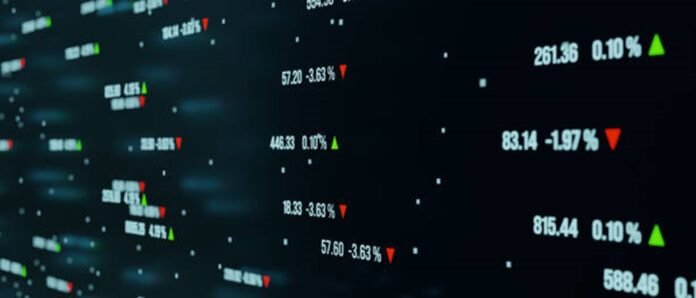The United Arab Emirates (UAE) has been making significant strides in the financial sector, particularly in the realm of financial derivatives such as Contract for Difference (CFD) trading. This form of trading allows investors to speculate on the price movements of various assets without actually owning them, making it an attractive option for those seeking high returns with relatively low capital outlay. The growing influence of the UAE in CFD trading can be attributed to several key factors, including regulatory advancements, technological innovation, and strategic partnerships within the industry.
Regulatory Framework and Its Impact
One of the primary reasons for the UAE’s growing influence in CFD trading is the robust regulatory framework that has been established to govern financial markets. The UAE’s Securities and Commodities Authority (SCA) has been instrumental in creating a conducive environment for the growth of CFD trading by ensuring transparency, fairness, and security for all market participants. The SCA’s regulations have not only attracted local investors but have also drawn international investors seeking a stable and well-regulated trading environment.
The regulatory framework has also been designed to protect investors from market manipulation and fraud, which are common concerns in the CFD trading space. By implementing strict guidelines and oversight, the SCA has managed to maintain a high level of trust among investors, further bolstering the UAE’s reputation as a reliable hub for CFD trading.
Technological Advancements and Innovation
The UAE has been at the forefront of technological innovation, particularly in the financial sector. The rapid advancement of technology has played a crucial role in the growth of CFD trading platforms in the country. These platforms have become more sophisticated, offering a wide range of features and tools that cater to the needs of both novice and experienced traders.
The integration of artificial intelligence (AI) and machine learning algorithms into CFD trading platforms (In Taiwan, it is called “差價合約交易平台“) has revolutionized the way traders analyze market trends and make informed decisions. These advanced technologies provide real-time data analysis, pattern recognition, and predictive modeling, which can significantly improve the accuracy of trading strategies.
Moreover, the UAE’s commitment to developing a digital economy has led to the widespread adoption of blockchain technology in financial transactions. Blockchain’s decentralized and secure nature makes it an ideal solution for executing CFD trades, as it reduces the risk of fraud and enhances transparency in the trading process.
Strategic Partnerships and Market Expansion
The UAE’s growing influence in CFD trading can also be attributed to strategic partnerships with international financial institutions and exchanges. These partnerships have allowed the UAE to expand its market reach and offer a more diverse range of trading instruments to investors.
By collaborating with global financial giants, the UAE has been able to tap into new markets and attract a broader base of investors. This has not only increased the liquidity of the CFD market but has also led to the development of more innovative trading products and services.
Furthermore, these partnerships have facilitated the exchange of knowledge and best practices between the UAE and other leading financial centers. This has resulted in the continuous improvement of the UAE’s CFD trading platforms, ensuring that they remain competitive in the global market.
Education and Awareness Initiatives
Recognizing the importance of financial literacy in fostering a thriving CFD trading environment, the UAE has launched several education and awareness initiatives. These initiatives aim to equip investors with the necessary knowledge and skills to navigate the complex world of CFD trading.
Financial institutions, in collaboration with government bodies, have developed comprehensive educational programs that cover various aspects of CFD trading, including risk management, trading strategies, and market analysis. By providing investors with access to quality education, the UAE has been able to foster a more informed and responsible trading community.
Challenges and the Future of CFD Trading in the UAE
Despite the significant progress made in the CFD trading sector, the UAE still faces challenges that need to be addressed to maintain its growing influence. One of the primary challenges is the need for continuous regulatory updates to keep pace with the rapidly evolving financial landscape.
As new trading technologies and instruments emerge, the SCA must ensure that its regulatory framework remains relevant and effective in protecting investors and maintaining market integrity. Additionally, the UAE must continue to invest in technological innovation to stay ahead of global competitors and offer cutting-edge trading solutions to its investors.
The future of CFD trading in the UAE looks promising, with the potential for further growth and expansion. As the country continues to invest in its financial infrastructure and fosters a conducive environment for innovation, it is well-positioned to become a leading global hub for CFD trading.

